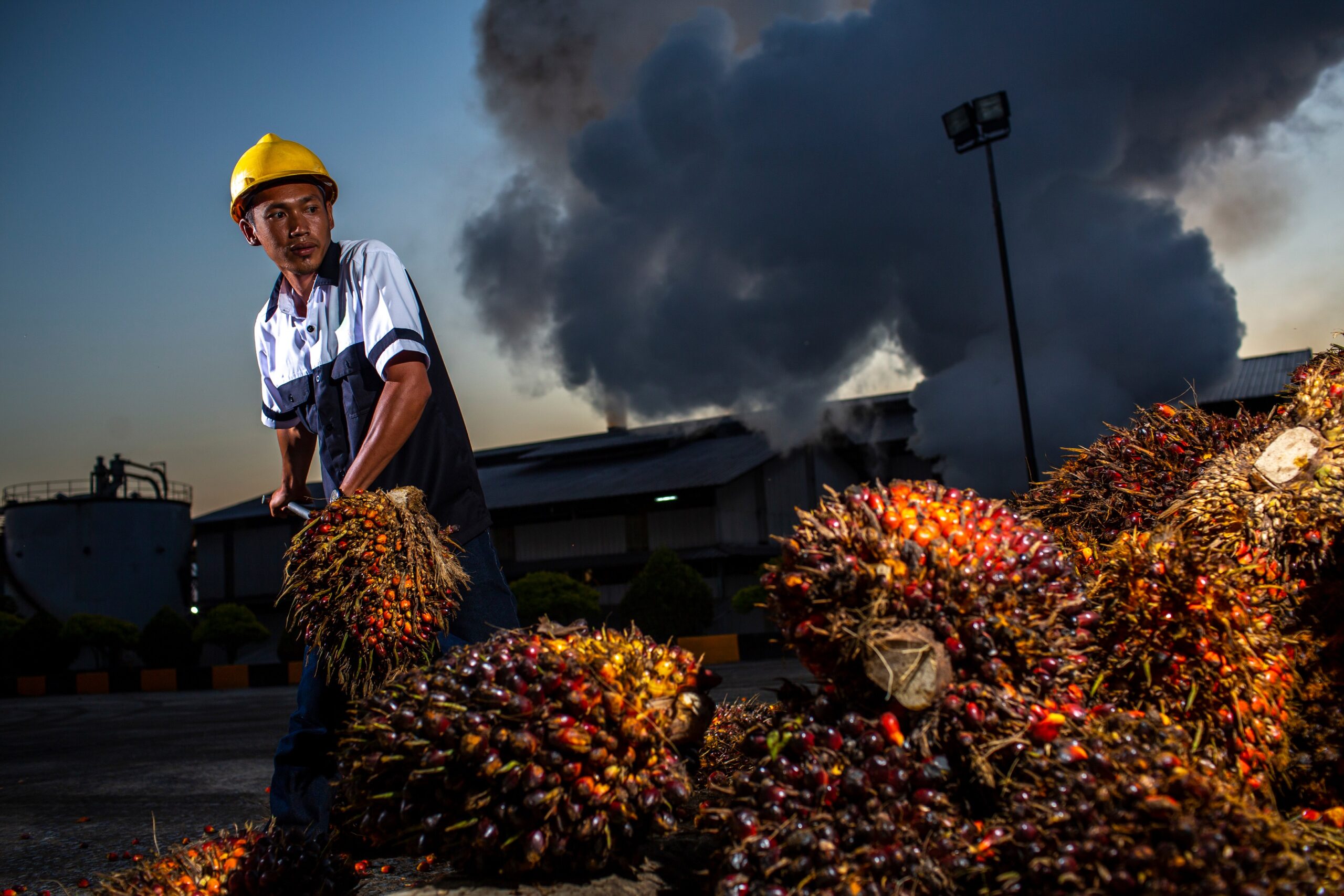
Indonesia’s ban on palm-oil exports starts today (28 April) – and the country has decided to include crude palm oil in the embargo.
In a statement, Indonesia’s Coordinating Ministry for Economic Affairs said the ban would cover refined palm oil, RBD palm olein, used cooking oil products, palm oil mill effluent – and crude palm oil.

Discover B2B Marketing That Performs
Combine business intelligence and editorial excellence to reach engaged professionals across 36 leading media platforms.
There has been some uncertainty about the nature of the products included in the new policy, brought in to protect domestic supplies as the Ukraine war has roiled commodity markets.
Initially announced on Friday, Indonesia said the ban would cover all palm-oil products. However, this week, it appeared as though the embargo would not cover crude palm oil.
At a virtual press conference held yesterday evening local time, Airlangga Hartarto, Indonesia’s co-ordinating minister for the economy, said: “This temporary export ban on cooking oil is a strong commitment by the Government to prioritise the community. Therefore, any violations that occur will be dealt with firmly. The government will take firm action against anyone who violates this decision.”
No end date for the ban has been given. The Indonesian government says the embargo will stay in place until the domestic price of cooking oil hits IDR14,000 (US$0.97) a litre. It said previous efforts to stop prices going above that level had not worked.

US Tariffs are shifting - will you react or anticipate?
Don’t let policy changes catch you off guard. Stay proactive with real-time data and expert analysis.
By GlobalData“This policy is implemented to ensure that CPO products can be dedicated entirely to the availability of bulk cooking oil at a price of IDR14,000, especially in traditional markets and for SMEs,” Hartarto said.
Global edible oil supplies have been impacted by Russia’s invasion of Ukraine. Shipments of sunflower oil from Ukraine, the world’s largest supplier, have been hit, pushing up demand for alternative oils.
In a separate press conference yesterday, Indonesia’s President, Joko Widodo, reportedly said the ban could hit local palm-oil production.
However, in quotes carried by the ChannelNewsAsia broadcaster, he added: “Fulfilling people’s basic necessities is an important priority.
“As the world’s biggest producer of palm oil, it is ironic that we are experiencing a shortage of cooking oil.
“The scarcity has been happening for four months and the government has enacted a number of policies but (they) have not worked.
“I ask all palm oil businesses to prioritise domestic needs and fulfil people’s needs. If domestic needs are met, then I will surely repeal the export ban.”
The news pushed up prices of soybean oil prices in Chicago to a reported record high.
Earlier this month, the United Nations Food and Agriculture Organization reported world commodity prices reached new record heights in March, with cooking oils from sunflower to palm, soy and rapeseed all rising.
The FAO said palm, soy and rapeseed oil prices were buoyed by rising global import demand in the wake of the disruption to sunflower oil supplies. World palm oil prices were also pushed upwards by “lingering supply tightness in major producing countries”.



